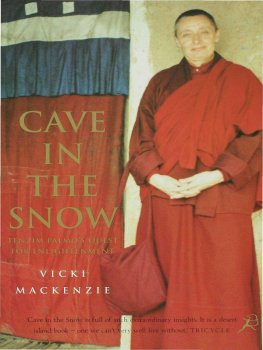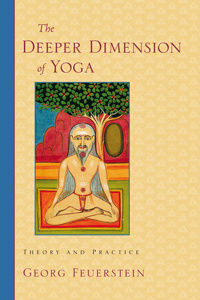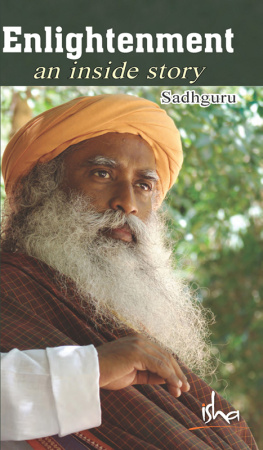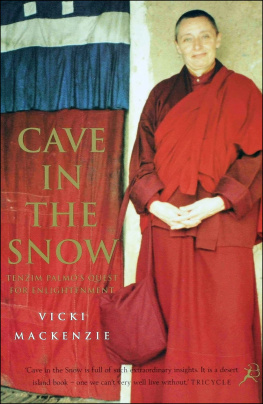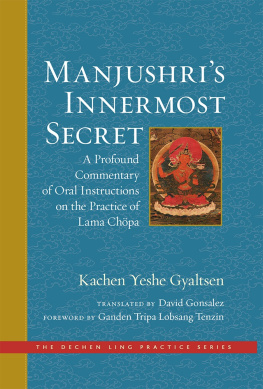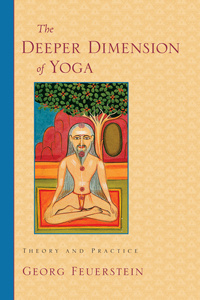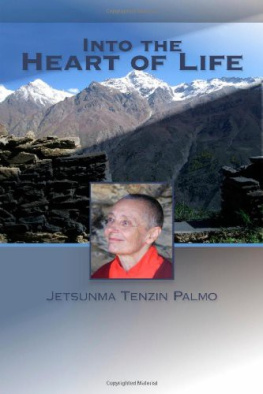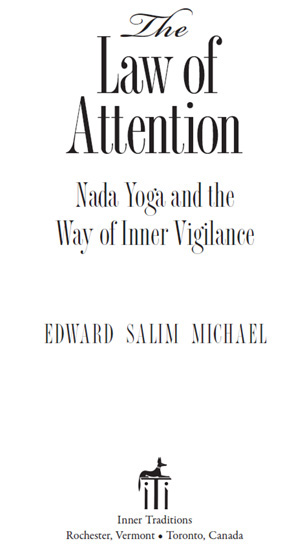
The
Law of
Attention

The Law of Attention is a remarkable guide for all those who wish to find the treasure that lies within each of us. Edward Salim Michael has given us a guide to the path that leads within and words of encouraging instruction when the way is difficult. His words reflect a life dedicated to spiritual practice.
REV. SERENA SEIDNER, SHASTA ABBEY
Edward Salim Michaels teaching goes straight to the heart, making us realize the commitment, energy, and love it takes to realize the truth at the deepest level. This book is a spiritual friend and guide for all seekers of Truth.
AJAHN SUNDARA, THERAVADA NUN, AMARAVATI MONASTERY
The Law of Attention is a remarkable book filled with clear guidance that presents a strong call for the total dedication of ones life in the quest of supreme enlightenment. With Edward Salim Michaels uncompromising emphasis on integrity and effort this is not a book for the fainthearted or dilettante, but I would recommend all serious aspirants to read this book again and again both for its inspiration and its precise instructions. Although not a specifically Buddhist text, the path mapped out and advice so meticulously given render it a suitable companion and guide for any spiritual traveler.
JETSUNMA TENZIN PALMO, FOUNDER OF DONGYU GATSAL LING NUNNERY (SUBJECT OF CAVE IN THE SNOW BY VICKI MACKENZIE) AND AUTHOR OFREFLECTIONS ON A MOUNTAIN LAKE
This fine book offers, without doubt, the clearest and most comprehensive description of Nada Yoga (meditation on the inner sound) that is available in the English language. This is a practice that is known in Vedic, Buddhist, and other traditions to be a powerful and liberating spiritual discipline and is also one that I have used for more than 25 years, to great benefit.
AJAHN AMARO, CO-ABBOT OF ABHAYAGIRI MONASTERY IN THE FOREST LINEAGE OF THE THERAVADA BUDDHIST TRADITION

I wish to express my deep gratitude to my wife, Michele, who, apart from the great trouble she took to translate this book into French, untiringly kept urging me to commit to paper the spiritual work it contains. Because of my lack of education, I often despaired of being able to write this book, and on several occasions almost gave it up. If it had not been for her obstinate belief in this spiritual teaching, her persistent promptings, and her continual moral support throughout the whole time I struggled painfully to write this text, which called from me an effort much beyond my literary capacities, I would have been quite unable to complete it.
Contents

Chapter 1
Chapter 2
Chapter 3
Chapter 4
Chapter 5
Chapter 6
Chapter 7
Chapter 8
Chapter 9
Chapter 10
Chapter 11
Chapter 12
Chapter 13
Chapter 14
Chapter 15
Chapter 16
Chapter 17
Chapter 18
Chapter 19
Chapter 20
Chapter 21
Chapter 22
Chapter 23
Chapter 24
Chapter 25
Chapter 26
Chapter 27
Chapter 28
Chapter 29
Chapter 30
Chapter 31
Chapter 32
Chapter 33
Chapter 34
Chapter 35
Chapter 36
Chapter 37
Chapter 38
Chapter 39
Chapter 40
Chapter 41
Chapter 42
Chapter 43
Chapter 44
Chapter 45
Chapter 46
Chapter 47
Chapter 48

Foreword
I am delighted that Edward Salim Michaels The Way of Inner Vigilance is being republished in this new edition entitled The Law of Attention. I remember finding this book at the Buddhist Societys Summer School about twenty-five years ago. It had a photograph of a Buddha image on the cover, and I liked the titleso I started skimming through it.
The chapters on Nada Yoga especially intrigued me because I had discovered this inner sound many years before but had never heard or read any reference to this in the Pali Canon. I had developed a meditation practice referring to this background vibration and experienced great benefits in developing mindfulness while letting go of any thoughts. It allowed a perspective of transcendent awareness where one could reflect on the mental states that arise and cease in consciousness.
I appreciated Edward Salim Michaels instructions on how to integrate awareness into daily life.
Edward Salim Michael was not a Buddhist in a traditional way, but I have recommended this book to many Buddhists, who find his references and instructions on Nada Yoga very helpful in cultivating mindfulness.
AJAHN SUMEDHO
AMARAVATI BUDDHIST MONASTERY
17 DECEMBER 2007
Luang Por Ajahn Sumedho, born Robert Jackman, July 27, 1934, in Seattle, is the most senior representative of the Thai Forest Tradition of Theravada Buddhism in the West. He was integral in establishing the Forest Sangha tradition in England and the Amaravati Buddhist Monastery and Chithurst Buddhist Monastery, both also in England. He is currently resident as the senior incumbent at the Amaravati Buddhist Monastery in Herfordshire.
Preface
It is only because of the persistent demands of my pupils that, after much hesitation, I have agreed to try to put in writing the unusual teaching that follows. Well aware of my literary limitations, I would like to apologize in advance to my pupils as well as to all those who may find in this text any imperfections in expression or style.
My excuse is that, as a child, I received no education whatsoever. Once an adolescent is over fourteen, it becomes impossible for him to assimilate anything as a young child would naturally do. Later, when he needs to express something, he not only finds himself painfully handicapped, but also dramatically ill equipped to meet the various demands that this life mercilessly imposes on him, oblivious of his limitations. Compared to the person who has been to school, and since early childhood has learned to think with words, the person who has had no education will go through life experiencing immense difficulty in formulating and communicating to others his thoughtswhich are generally silent and wordless.
Moreover, owing to the continuous change from one country to another during my childhood, forced upon my family by the adverse conditions of life, I grew up without a mother tongue, which further added to my problems afterward. My childhood and adolescence were spent mainly in various parts of the Middle East. At the age of nineteen, I happened to be in England when the Second World War brokeout. Being a British subject, I was drafted into the Royal Air Force as a simple airman on the ground staff, where I served throughout the duration of the war. It was only due to the great kindness of the padre of my camp that I learned elementary arithmetic and to read and write a little. Thus my extreme hesitation in embarking on such an important work. Even for an experienced writer it is so very difficult to avoid deforming and betraying what is beyond wordsand which, in any case, it is virtually impossible to express in ordinary language. Add to this the fact that I have read practically no books, that I do not possess even elementary book-learning, and the reader may begin to see a little better just how ill equipped I am to write my own text.
Next page

